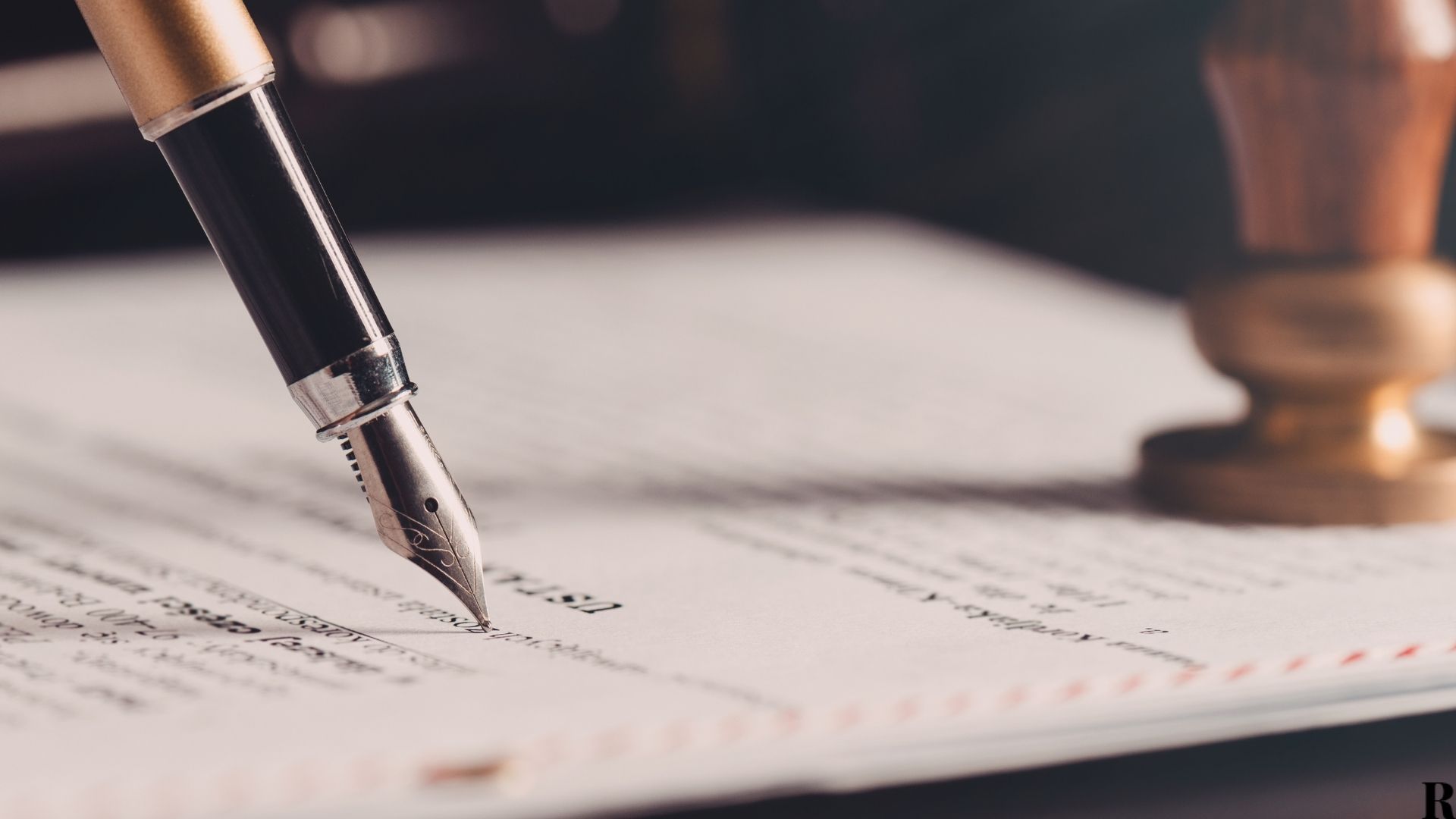Understanding Apostille: Simplifying International Document Legalization
Debunking Notarial Work: Simplifying the Duty and Value of Notaries
In the detailed web of lawful paperwork and confirmation, notaries stand as columns of guarantee and credibility. Their function, frequently shrouded in enigma for several, lugs considerable weight in making certain the validity and stability of important records. As guardians of legitimacy and fact, notaries play a pivotal part in our society, yet their work is not always completely recognized. By deciphering the complexities dropping and bordering notarial practices light on the significance of their acts, a more clear understanding emerges of the important function notaries play in supporting the textile of legal and lawful contracts.
The History of Notarial Work
Just how did notarial work develop with time to come to be an essential part of lawful and organization deals? The history of notarial job days back to ancient worlds, where scribes played a vital duty in recording vital information and authenticating files. As cultures proceeded, the requirement for a more formalized system to guarantee the validity of arrangements arose. This resulted in the advancement of notaries, people selected by the state to work as neutral witnesses in legal matters.
During the Middle Ages, notaries acquired importance in Europe, with their features expanding to consist of composing lawful documents, certifying signatures, and protecting documents. The surge of global trade even more stressed the importance of notarial operate in validating contracts and contracts across borders.
In the modern-day age, notaries remain to play an essential role in legal and service deals by verifying identities, verifying the credibility of records, and protecting against fraud. Their role in accrediting the legitimacy of arrangements adds a layer of protection and depend on to the ever-evolving landscape of commerce and law.

Duties and Responsibilities of Notaries
The historical advancement of notarial job from old worlds to the contemporary period has actually formed the distinct responsibilities and duties that notaries support in legal and business transactions today. Notaries play an essential role in verifying the credibility of files and the identity of signatures. One of their key responsibilities is to witness the finalizing of vital files, such as wills, agreements, and actions, to make sure that all events are participating in agreements purposefully and willingly. Notaries additionally confirm that notaries are of audio mind and not under duress or browbeating.
They certify copies of original documents, providing assurance to institutions that the duplicates are real reproductions of the originals. On the whole, the duties and responsibilities of notaries are important in securing the integrity and validity of different records and deals - websites DIRCO.
Notarial Certificates and Signatures
Exemplifying thorough attention to detail, notarial certifications and trademarks work as vital parts in validating the credibility of legal files. Notarial certificates commonly contain vital information such as the day of registration, the names of the notaries, a description of the document, and the notary's main seal. These certificates provide a clear record of the notarial act, making certain that the file can be conveniently identified and traced back to the notary who managed the procedure.
Signatures play an essential duty in notarial job, as they signify the arrangement and approval of the events entailed. Notaries meticulously witness the finalizing of documents to confirm the identification of the signatures and confirm that they are authorizing of their own complimentary will. By fastening their main seal and signature to the document, notaries accredit that the essential procedures have actually been adhered to and that the document is valid and enforceable.
Fundamentally, notarial certificates and signatures are the trademark of credibility in legal transactions, giving assurance to all events involved that the papers are legitimate and binding.
Relevance of Notarial Acts

Notarization Process Clarified
Describing the notarization procedure offers quality on the crucial actions entailed in validating legal files. The notarization procedure normally begins with the specific providing the record to a notary public. The notary after that validates the signer's identification through acceptable recognition techniques. When the identity is verified, the notary ensures that the specific signing the paper does so voluntarily and without any threat.

Verdict

Notarial certificates generally consist of vital information such as the date of notarization, the names of the notaries, a summary of the file, and the notary's official seal. These certificates give a clear record of the notarial act, guaranteeing that the file can be quickly identified and traced back to the notary that looked after the process.
By attaching their main seal and trademark to the record, notaries accredit that the required procedures have actually been followed and that the document is valid and enforceable.
By confirming the identity of the notaries, verifying their readiness to enter into the contract, and licensing the date and location of the signing, notaries play a vital duty in supporting the credibility of lawful papers.After the file is signed, the notary will affix their main seal or stamp onto the paper.